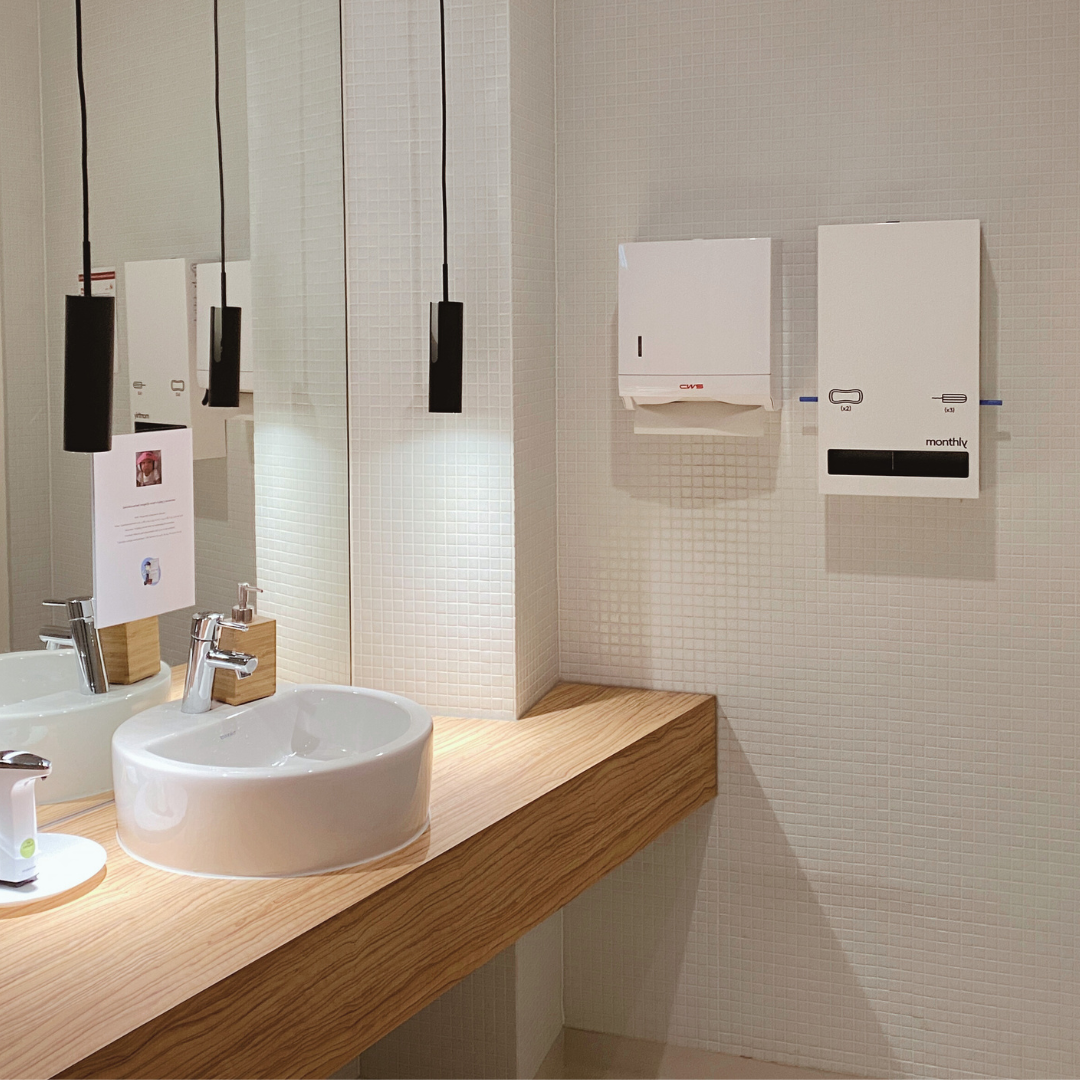Menstruation is a natural and healthy part of women's lives, yet menstruation is taboo in many cultures and communities. This can lead to shame, stigma and even discrimination for women who menstruate. Here are five tips to help break the taboo surrounding menstruation:
Start the conversation
By talking openly about menstruation and breaking the taboo, we can pave the way for more openness and understanding. Talk to friends, family and colleagues about menstruation and share your experiences and knowledge to reduce shame and stigma.
Education and information
Providing correct information and education about menstruation can help break the taboo. Schools, parents and health professionals can do more to educate young people and adults about menstruation, including the different types of products available to use.
Normalize menstruation in the media
In the media we can pay more attention to menstruation and emphasize its normal, natural aspects. We can normalize menstruation in movies, TV shows, advertisements and social media.
Support menstruation-related initiatives
There are countless organizations and initiatives fighting menstrual stigma and providing menstrual products to women in need. By supporting these initiatives, we can raise awareness about the taboo of menstruation and provide more access to menstrual products. By offering monthly products in your toilet, you support the Hi Sally Foundation, a foundation that is committed to lifting the taboo surrounding menstruation in teenagers.
Accept menstruation as a natural part of life
If we can accept menstruation as a natural and healthy part of life, we can reduce the stigma and shame that often accompanies it. It's important to remind yourself and others that menstruation is a normal part of life and should have no shame or stigma.
In short, breaking the taboo surrounding menstruation is a long-term and ongoing process. By being open about menstruation, providing correct information, normalizing menstruation in the media, supporting menstruation-related initiatives and promoting menstruation



